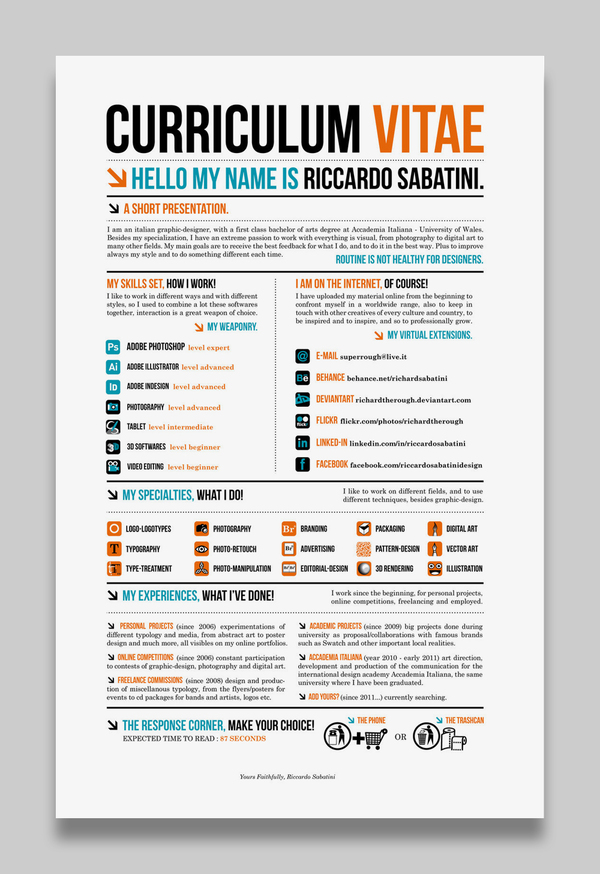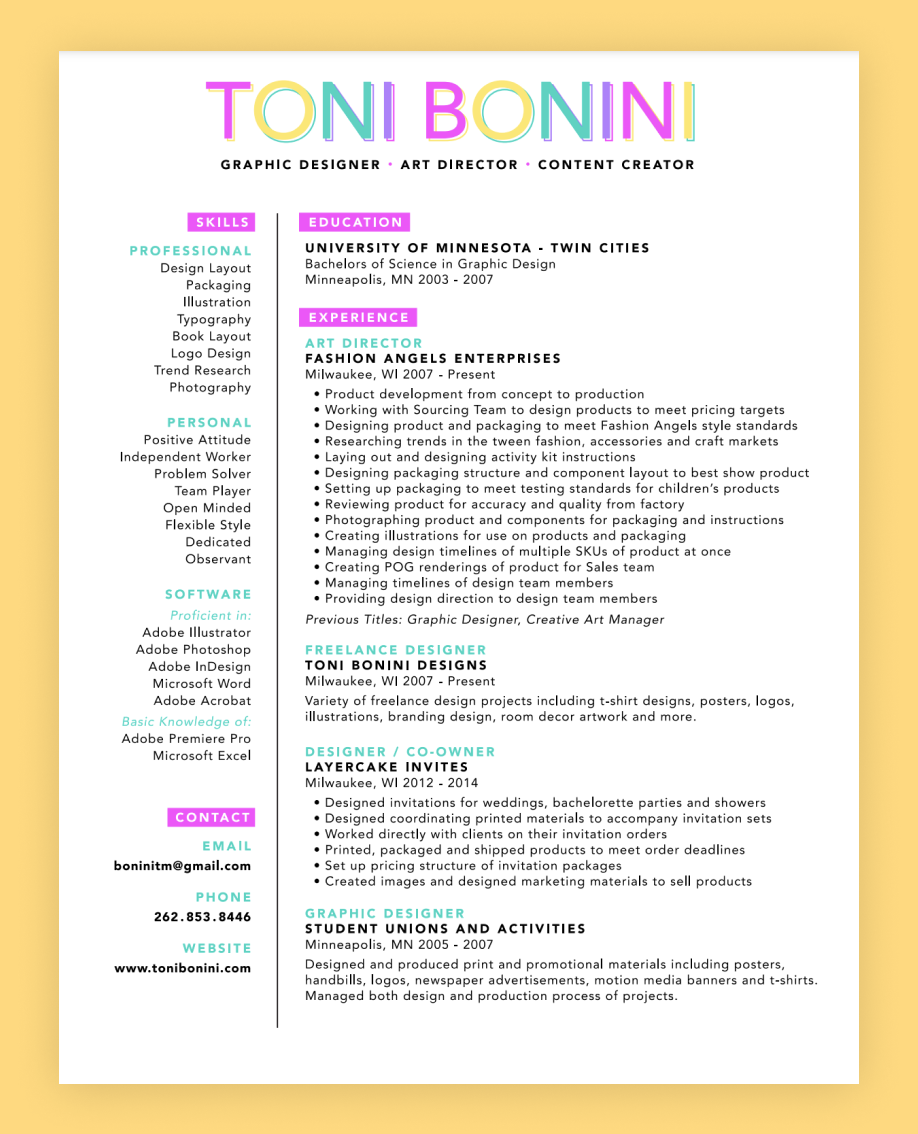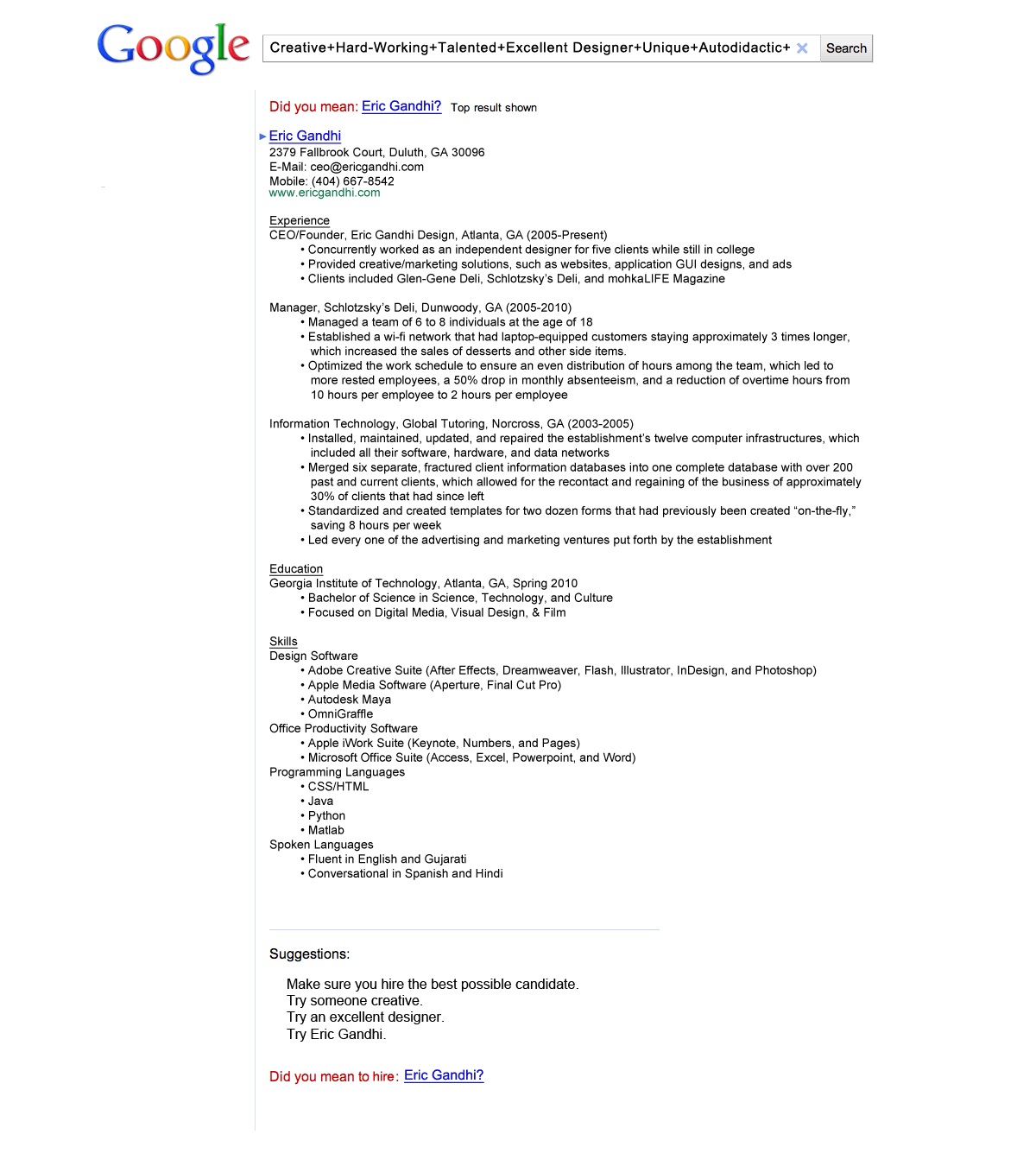Crafting a CV for Creative Jobs: How to Stand Out with Style

Getting a job in the creative industry takes more than just a traditional CV. If you’re a graphic designer, content creator, or aspiring artist, your CV should reflect your unique talents and creativity.
Think of your CV as a mini portfolio that not only shows off your design skills and personal style, but also catches the eye of potential employers.
(Fun fact: Did you know that “CV” stands for “Curriculum Vitae”? It’s a Latin phrase that means “course of life.” In other words, your CV is a summary of your life’s work and professional experience.)
What employers in the creative industry expect
Employers in the creative industry look for more than just a list of your previous jobs and qualifications. They want to see your ability to think outside the box and bring fresh ideas to the table.
A creative CV should highlight your relevant skills and your design abilities in a way that’s visually appealing and easy to read. By doing this, you demonstrate not only your qualifications but also your understanding of what the job requires – which is professional design skills.
How to make a creative CV that catches the eye
Use design tools
Create your CV with design software like Adobe InDesign or Canva instead of word processors like Microsoft Word. These tools give you greater control over the layout, fonts, and visuals, so you can craft a CV that looks professional and polished. By designing your CV in these programs, you can easily include creative elements like custom icons or illustrations.
Always save your CV as a PDF to make sure the formatting looks the same on any device, whether it’s viewed on a computer, tablet, or phone.
Experiment with different layouts
Don’t feel limited to traditional CV formats. Try using non-traditional layouts like columns, grids, or other designs to make your CV stand out. These layouts not only help your CV look unique but also show off your design skills.
Just remember to keep it organised—your information should flow nicely and be easy to follow and clear to read.
Add colour carefully
Use colour wisely to highlight important parts of your CV, like work experience or skills. For example, you could use a bright colour for section titles or softer shades to separate different areas.
A bit of colour can help your CV stand out but be careful not to use too much and try to pick colours that complement each other.
Show off your work
Your CV can also be a mini portfolio. Add pictures or links to your best projects, especially those related to the job you want. For example, if you’re a graphic designer, include images of your designs or a link to your online portfolio.
This shows off your design skills and gives employers a clear idea of what you can do.
Check out these creative CV examples

Credit: Riccardo Sabatini
Why it works:
- Easy to read with clear sections that guide the reader
- Visually unique using an engaging, creative layout.
- Memorable with a personal touch that reflects the candidate’s style.

Credit: Toni Bonini
Why it works:
- Bright and bold colours make it stand out
- Easy-to-read sections that are well-organised
- Consistent style makes it look professional

Credit: Eric Gandhi
Why it works:
- Clever Google search design makes it instantly recognisable and unique
- Creative format shows both skills and personality, making it memorable
- Simple layout is easy to read while still standing out
Crafting a CV for creative jobs is just the first step
To truly make an impact in your profession, strong English may be essential, especially when it comes to tailoring your CV and communicating your unique talents.
If you’re looking to improve your English, why not explore our English Online courses? Start your journey to success with British Council English Online today!
When your CV lands you an interview, check out these handy articles
- Employability Skills: How to Ace Competency-Based Interview Questions
- How to Ace Your Business Presentation in English
- What to Say When You Forgot What to Say




